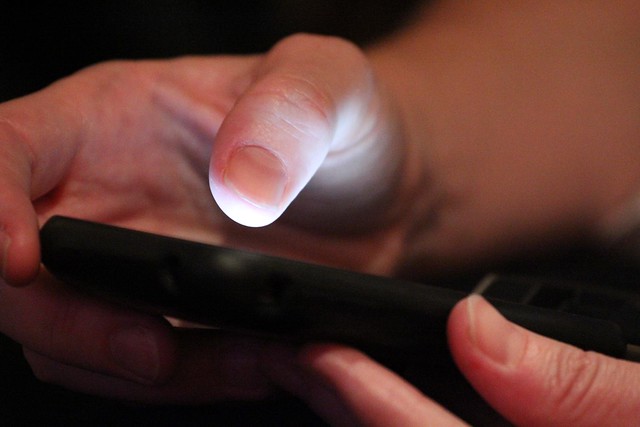Australian retailers and distributors of consumer electronics products are facing a new challenge as a growing number of consumers take advantage of the high Australian dollar to purchase gadgets from grey importers.
Grey imports is a derogatory term used by local branch office distributors of products, parallel imports is the more neutral description. In many but not all cases a grey/parallel imported product is identical in specifications and features to the product sold by official Australian distributors.
The parent company making the product still earns revenue from the sale of parallel imports but loses the ability to stagger the release or differentiate pricing by country/region.
In essence the revenue gets booked to a company’s subsidiary in Hong Kong or the USA rather than to the Australian subsidiary, jobs at local Australian distributors and retailers are lost as collateral damage.
MobiCity was one of the early entrants into the Australian market for parellel importing mobile devices, with core staff located in Queensland and stock shipped to the customer by Fedex from Hong Kong.
Their spokesperson Alistair Eldred told me that
“Sourcing from one region and selling into another can often be termed ‘grey market’ selling, but when combined with a local support network and warranty, the service can be as good or better than the standard.
Disruptive business models are often lauded, but giving people what they want, when they want it, at a price that they can afford and backing it up with strong after-sales support is what all retail companies should strive for.
The manufacturer’s local representatives take an entirely different approach however. They’re trying to protect what could be inflated margins, inefficient distribution or outdated promotion models by using the threat of legal action in an attempt to monopolise access to their products”.
These actions by local distributors amount to sound and fury, with little in the way of restriction or prohibition. So unless the laws are turned back towards protectionism, it’s time for Australian distributors and technology retailers to face up to the new paradigm.
As Dick Smith said a year ago regarding the plight of his former consumer electronics retail chain,
“If I’d still owned Dick Smith, I would have moved the whole operation to Hong Kong, still employed Australian staff and couriers, but everything would be sold by mail.”
Many technology early adopters purchase their new smartphones from overseas because Australian mobile networks often launch mobile phones here several months after overseas availability and usually force purchasers onto 2 year plans rather than allowing a fair outright purchase price.
Early adopters often cite the relatively limited range of handsets available through Australian retailers and that new phones were often retailed exclusively to customers of either Telstra, Optus or Vodafone networks.
In some cases such as Apple, consumer electronics companies offer a worldwide warranty so their products can be taken to an Australian service centre even if they were purchased from an shop overseas such as in Los Angeles or London.
However the devil is in the detail as parallel imports from smaller vendors such as those on eBay can be problematic for customers as there is no local representative for warranty support, power cables are often not Australian and instruction manuals can be in a language other than English.
Furthermore Australian Customs advice for internet purchases is
“If your imported goods arrive in Australia by air cargo, sea cargo or by post and their value is above A$1000, in most cases, you will be required to make an Import Declaration and pay the calculated duty and taxes”.
For consumer electronics this means paying 10% GST.
Lateral Economics CEO Nicholas Gruen told me that
“Consumer prices are reacting only slowly to the surging exchange rate. There are also strong retailing oligopolies in some areas – like mobile phones – which inflate their margins.
Where there is strong brand loyalty, some brands take us for suckers. It amazes me that our politicians don’t bell the cat on the cost of iTunes downloads of songs and movies and put some pressure on Apple to give us an even break.
The same Bose noise cancelling headphones cost $299 from US retailers and $495 from Australian retailers. Why? Because Bose figures our market’s less competitive so they can jack up their prices.
Far from putting public pressure on these monopolists to treat us fairly, our politicians are helping the monopolists by restricting parallel imports and various other barriers to trade”.
This is an updated version of a feature article written by me for Business Spectator



Leave a Reply